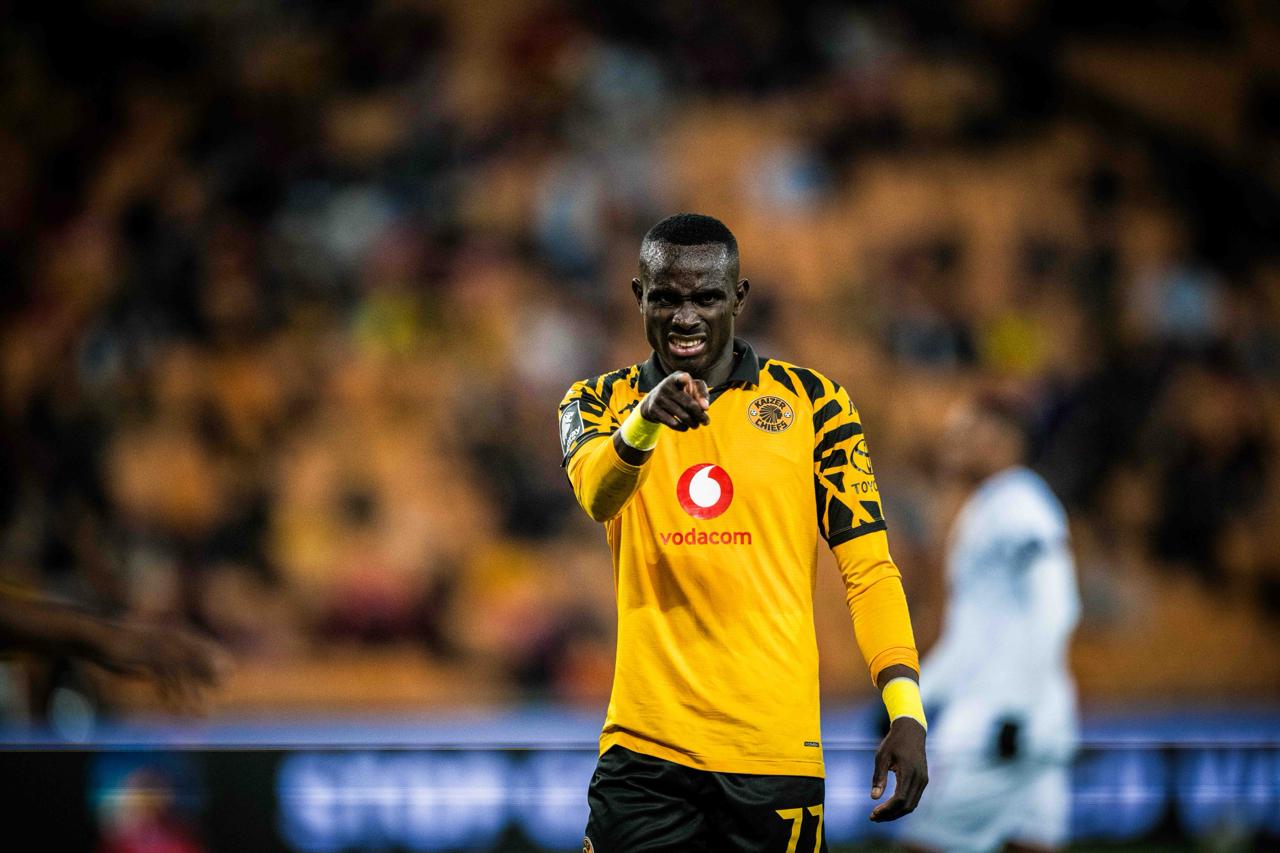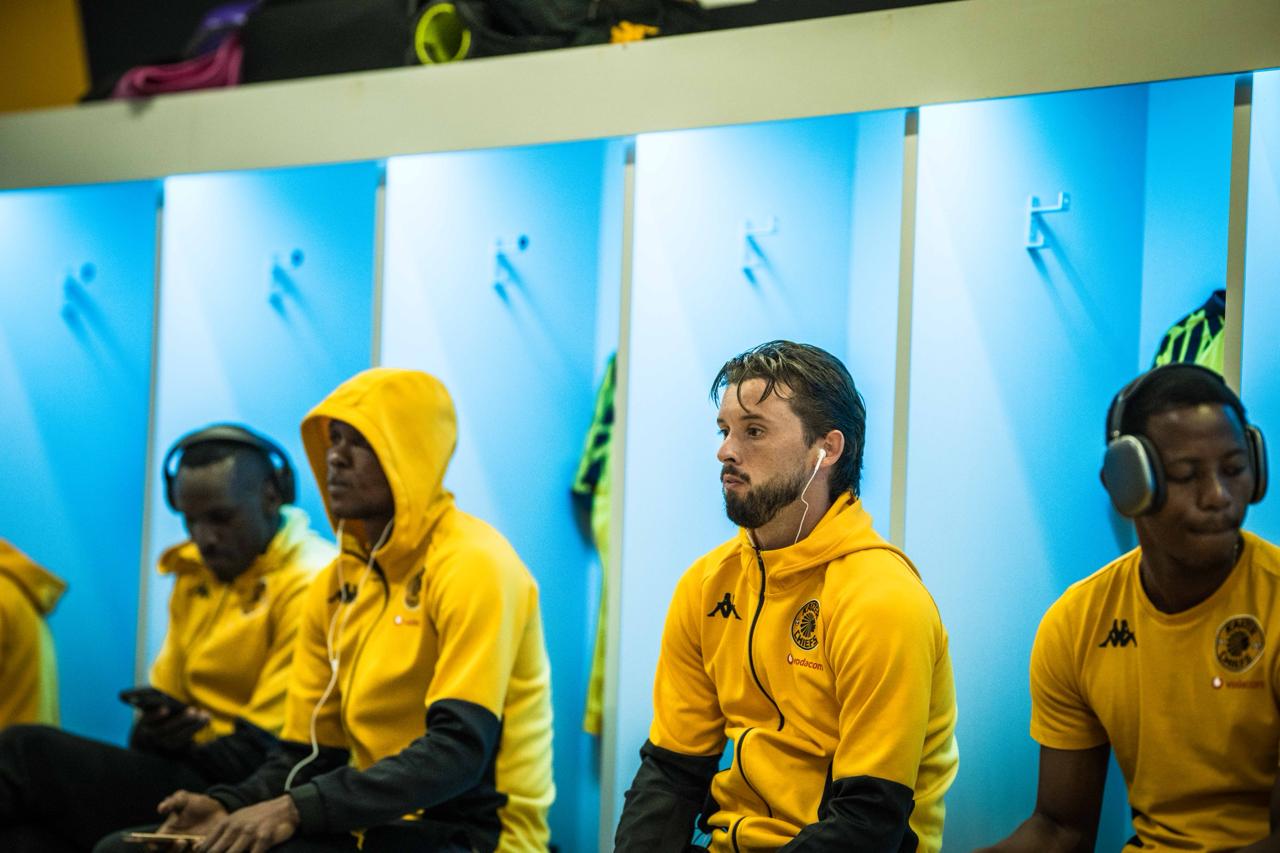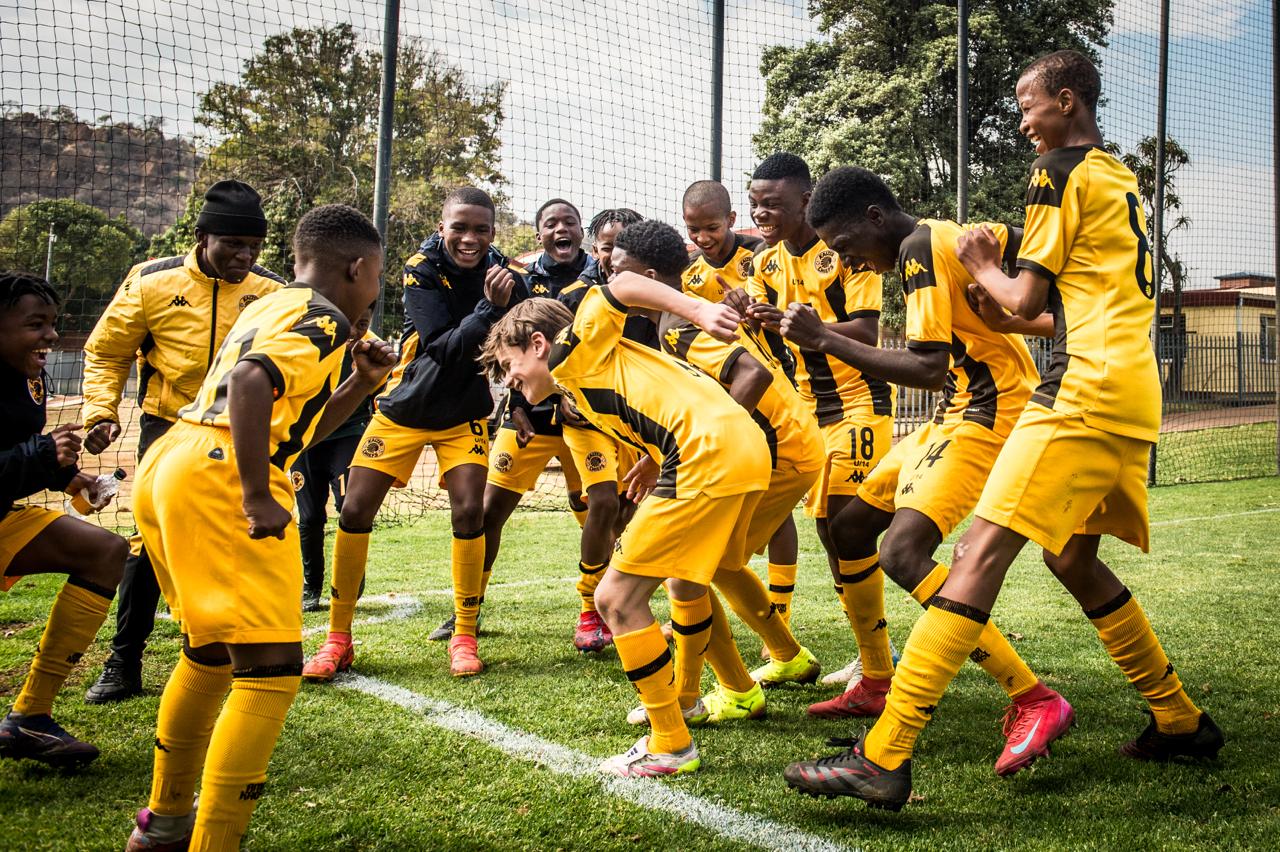Posted in Features, News on Jun 26, 2020.

June is dedicated to the youth of 1976 who stood up against the apartheid government, putting their lives at risk to fight for freedom and the right to equal education.
The former Kaizer Chiefs midfielder was still playing for Wits University and studying for his law degree when the Soweto Uprising erupted on 16 June 1976.
“We were in the auditorium for a lecture on a certain law subject,” Stylianou vividly remembers. “We could hear the noise and even gunshots coming from Soweto.”
I was also doing a political science course, which was about understanding social dynamics, international relations, how government operates, how laws are made and how political power is managed.
The American professor of the course had asked the students to write a thesis for their exam on, “Will South Africa ever collapse?”
Stylianou wrote that South Africa will only survive if apartheid is abolished, simply because it’s wrong. He added that the apartheid system is doomed to fail.
These views were not easy to express for white people in the mid-seventies, during which government repression was at a high and dissent was not tolerated, but Stylianou was convinced that things would eventually change, even telling his dad, “the apartheid system will be gone in about 16 years”.
He wasn’t far off, as Nelson Mandela was released in 1990 and South Africa’s first democratic elections were held in 1994.
A positive result following the Soweto Uprising was that demonstrations started spreading, including to the Wits University.
“It was also the time when the anti-apartheid movement grew in strength,” reflects Stylianou, “Even some Afrikaners started realising that apartheid couldn’t work, because it was a system that lacked morals and ethics – it was an evil system.”
The midfielder joined Kaizer Chiefs in 1978, the first year of the non-racial league in South Africa, becoming the first white player to become a Glamour Boy.
For Stylianou, joining Amakhosi was not only about football, it was also a political statement. “It was demonstrating that diversity and equality works,” he explains. He was well-received by his Chiefs teammates and never felt any racism towards him.
However, being the first white player in a so-called black team also put pressure on Stylianou. “I knew the moment I entered the pitch, all eyes would be on me. I felt that responsibility. The radio was very powerful in those days and the commentators played a massive role in how a game was covered and seen by all the millions of listeners. Fortunately, the commentators all accepted me. They could see how Kaizer Chiefs was trying to bring change in a peaceful way.
“Kaizer Motaung was in the forefront to help change South Africa and pushed diversity, bringing more non-blacks to the club in the years to follow. By doing this, Kaizer Chiefs showed how diversity and equality can work, touching places all over the country where only a few politicians could go in those times.”
At present, the Black Lives Matter is making waves around the world, although Stylianou feels that the campaign, although important, is more applicable to other countries, than about South Africa, where considerable change has been made since the end of the apartheid. “We should all recall how Nelson Mandela, thanks to his humbleness and his ability to forgive, brought South Africans together.”
He does admit though that a younger generation might be less aware of how much has changed for the better over the last twenty years and Chiefs’ former midfielder agrees that still a lot of work has to be done to fully become One Nation.
“It is also important to continue working for a South Africa in which the lives of everyone are respected and valued,” Stylianou adds, “and that includes stopping the abuse against women, which is so prevalent amongst us at the moment. We have the annual campaign, ’16 Days of Activism for No Violence against Woman and Children’. However, this needs to be promoted every day.”
Then, Stylianou again points out the important role the Kaizer Chiefs Chairman, Kaizer Motaung, played in helping transform South Africa.
“While playing for Kaizer Chiefs, a European magazine voted me as the most famous white man in South Africa, more famous than the then-president and prime minister of the country. That was because of Kaizer Chiefs and the influence of the radio at the time.
“Bra K and radio made a serious and peaceful statement about bringing change in South Africa. It’s something that is often overlooked. We must never forget the role Kaizer Motaung played, alongside Nelson Mandela and others, to bring about One Nation.”





